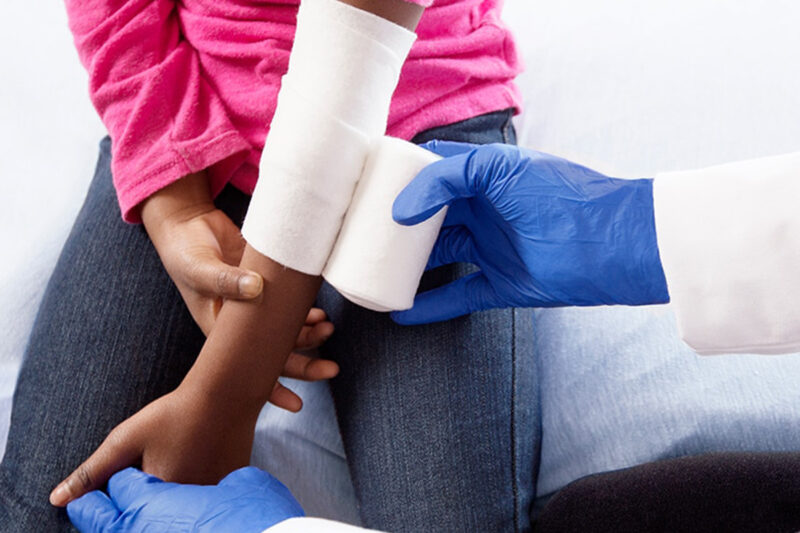Most people will suffer a scrape or cut due to an accidental injury at some point. In most instances, the best action plan is to clean the wound with antibacterial soap and warm water, then protect it with a bandage to avoid contamination. However, with certain injuries, the wound may worsen and require additional care. Wound care specialist Memphis Dr. Jonathan Ellichman provides exceptional wound care to avoid infection, accelerate healing, and lower the likelihood of complications. If you identify any warning signs discussed in this post, it is best to consult Dr. Ellichman for expert care.
1) The Bleeding Does Not Cease
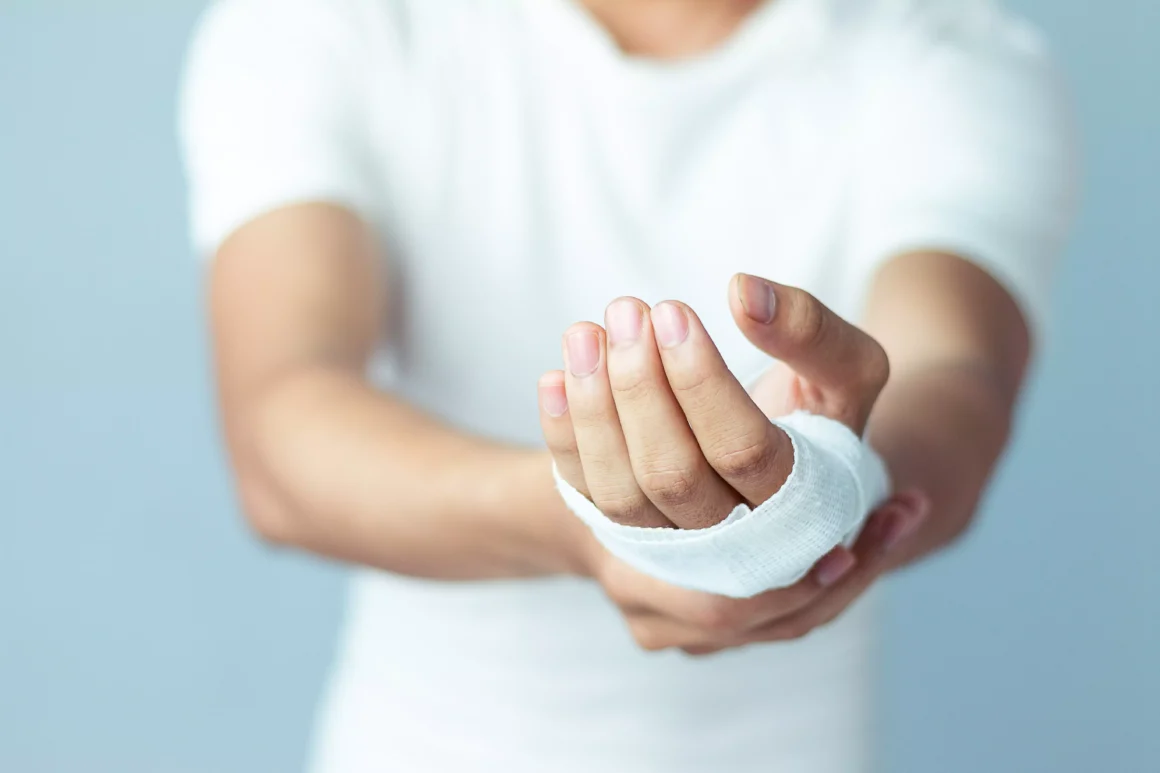
Watching your wound bleed can be shocking. However, if you apply firm and constant pressure on the wound, you should stop the blood flow until clots form and cease the bleeding. Nevertheless, if a cut or wound keeps bleeding after 5 to 10 minutes of steady pressure, contact a medical professional to determine the next step.
2) It Is Agonizing
Observe the severity and duration of the discomfort in the hours and days following the initial trauma. If the intensity of discomfort remains constant or increases over time, this may indicate that the body cannot repair the wound by itself. Excessive discomfort from your wound could significantly impact your everyday activities and functions. As such, you should seek specialist care.
3) Infection Signs
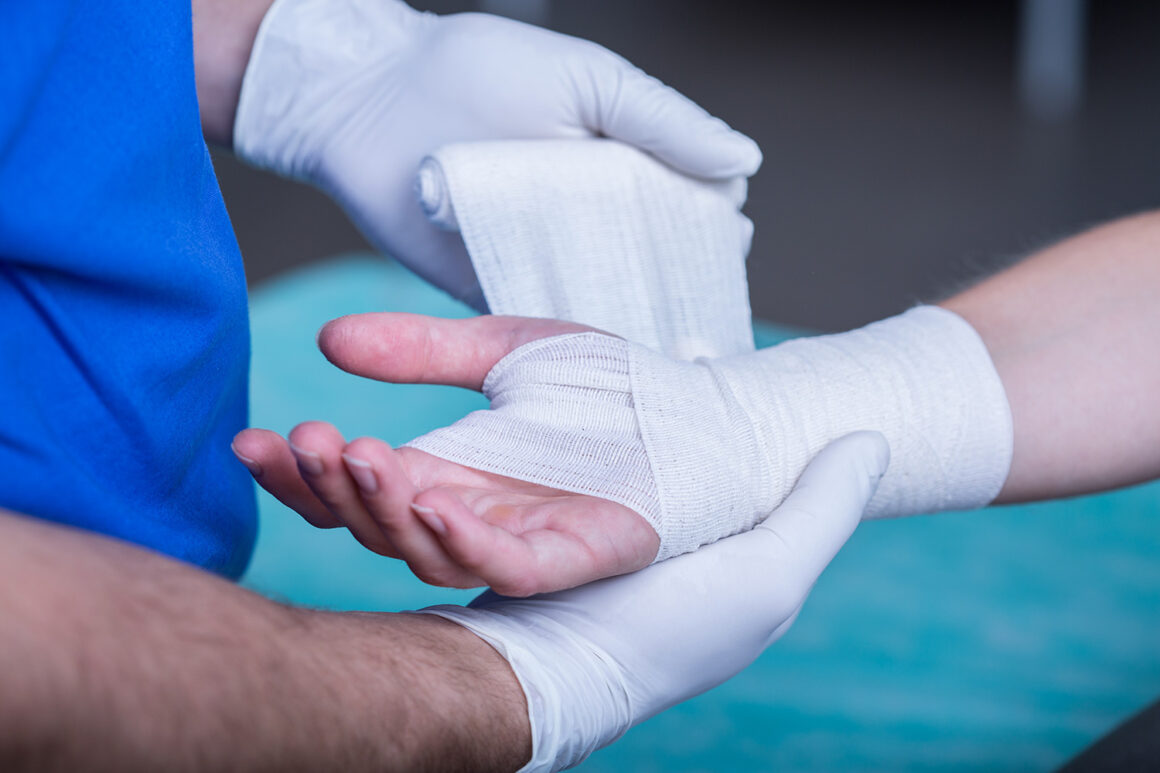
Once the body begins battling an infection, patients often exhibit various symptoms, including:
- Soreness, inflammation, or redness
- Sweats or chills
- Fever
- Vomiting
- Breathlessness or fast heart rate
It is essential to recognize these symptoms and know what to look for. Do not hesitate to pursue expert medical attention for a potential infection. The more you wait, your infection worsens. With prompt care, your infection is easier to treat, and you avoid more severe complications later.
4) Size Of Your Wound
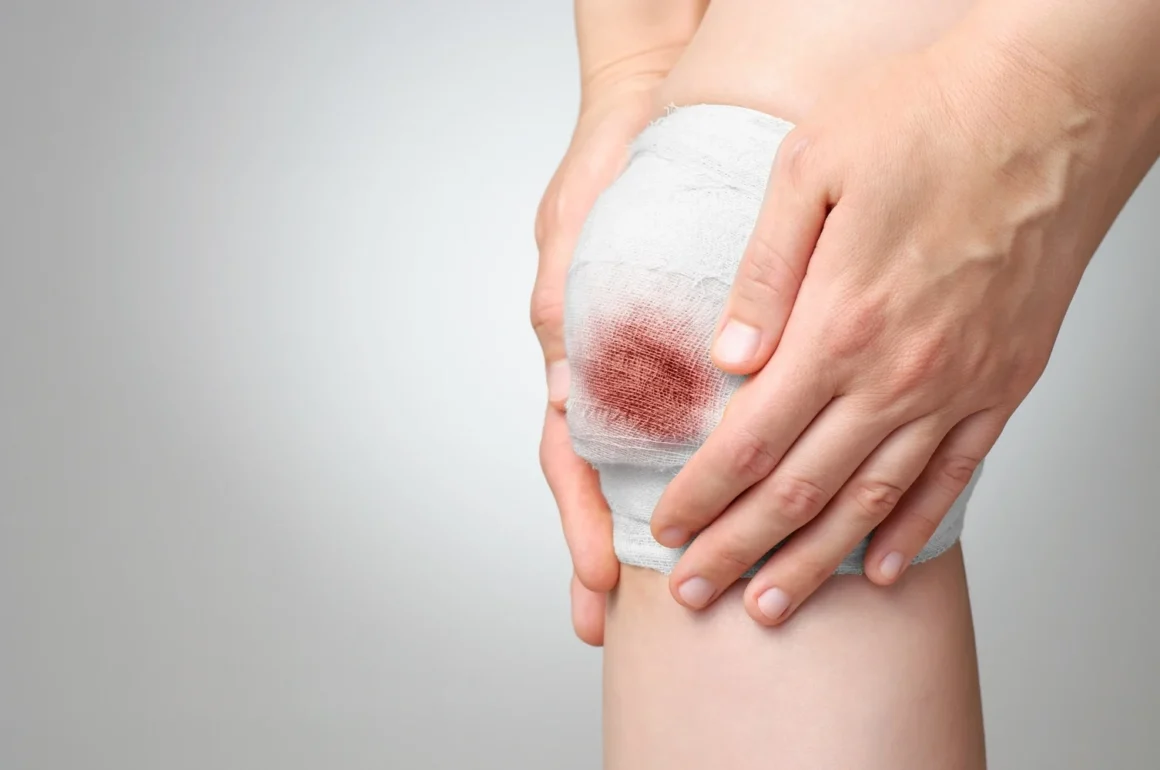
A helpful tip for determining when to seek treatment for a wound is its size. If your wound is more than three-quarters of an inch in length or half an inch in depth, it must be evaluated and treated by a medical professional. Such wounds often require staples, sutures, or other forms of treatment provided by medical professionals.
5) Wound Connected To Earlier Exposure To Radiation Therapy
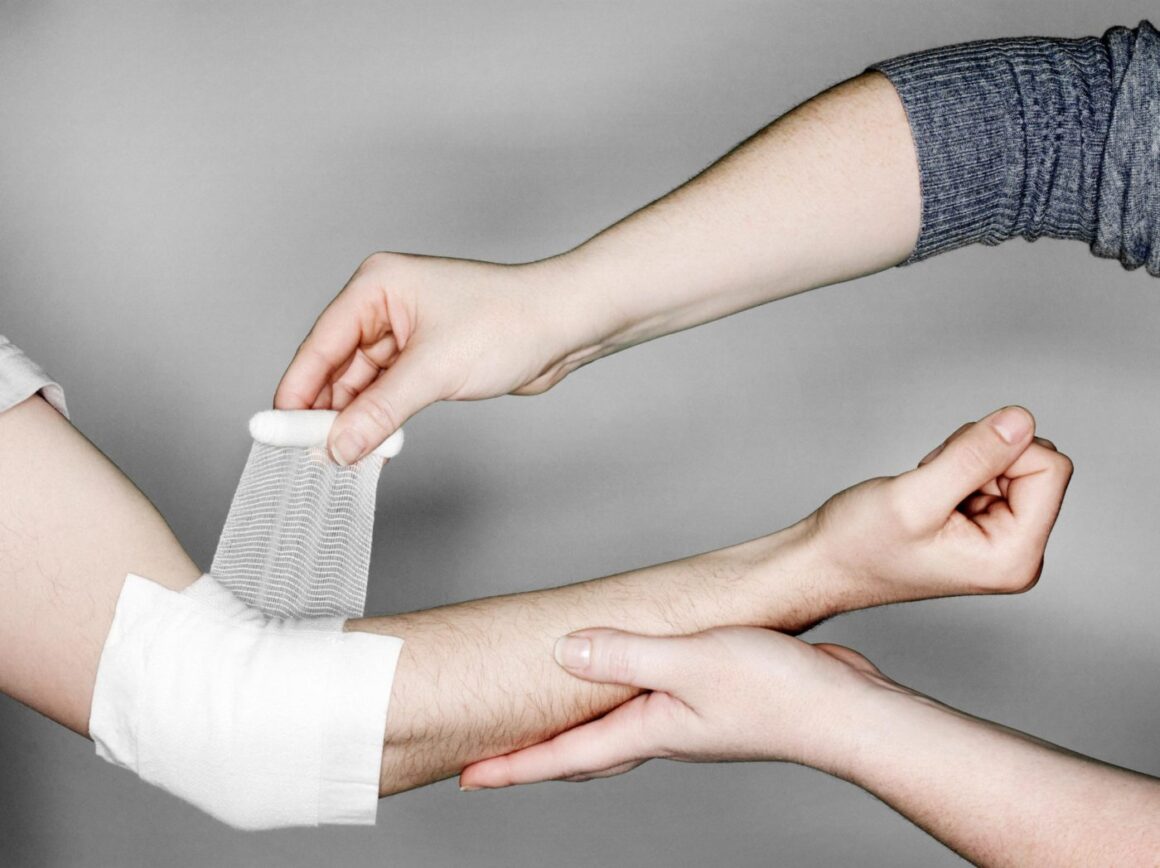
Radiation exposure could produce oxygen deficiency in your body’s tissue, which is necessary for healing. Non-healing wounds arise once there is a rupture in the tissue’s structure.
Severe radiation-related issues occurring months or years following radiation therapy are quite rare. Nonetheless, these concerns hugely impact roughly 5-15% of patients who underwent radiation therapy. If you suffer a wound connected to earlier exposure to radiation treatment, you should seek specialist wound care.
Non-Healing Wounds
If a wound takes over a month to heal, it is termed a chronic wound and often requires professional care. Common reasons for these non-healing wounds include:
- Physical trauma
- Burns
- Diabetes
- Underlying diseases (including autoimmune illnesses)
- Poor circulation
- Reduced mobility
Non-healing wounds could affect your quality of life by restricting you from engaging in activities you love and other everyday activities. If left uncorrected, these wounds could result in severe complications like amputation, hospitalization, or even death. Therefore, if you have a non-healing wound, contact Ellichman Vein & Vascular Centers for professional wound care. Call the Memphis, TN office or use the online scheduling tool to arrange an appointment today.
